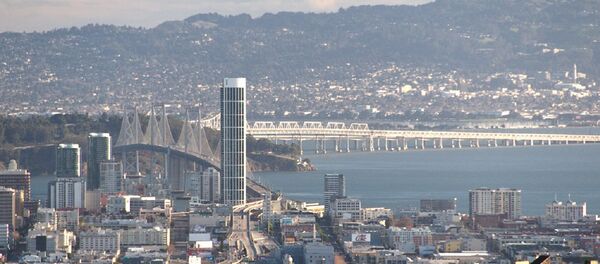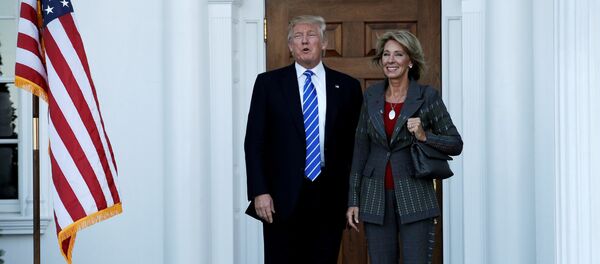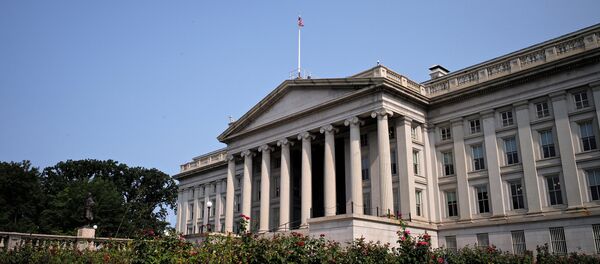Kristian Rouz – City authorities of San Francisco introduced a ‘historic’ measure in the advancement of higher learning within the city limits.
The initiative, actively promoted by the ruling of the city’s Democratic Party, is devised to reflect the perceived efficacy of the ‘wealth redistribution’ paradigm, currently dominating the minds of the American left, including many intellectuals and most Democrat policymakers. The Democratic County Central Committee approved the free tuition plan having unanimously voted in favor of raising city taxes and increasing budget expenditures on education.
The estimated total costs of the new program are roughly $5.4 mln per year for the city budget, including $2.1 mln per year in subsidies to City College of San Francisco. Another $3.3 mln per year would be spent on other academic needs, such as scholarships for low-income students that would cover learning expenses, including textbooks, costs of commute, etc.
Eligibility criteria are quite simple: a prospective student must have lived within the city limits of San Francisco for at least twelve months at the moment of enrolment in order to qualify. The Democrat policymakers are hoping the free tuition program will help expand the middle class and get many people out of poverty by providing them with an opportunity to obtain skills and qualifications, currently in-demand in the local labor market.
Now, given that San Francisco’s property market is already expensive, and is supposedly in the early stages of overheating, with home prices and rents notoriously – and prohibitively – high, higher taxation is poised to affect the business activity in the local submarket. Moreover, according to data by Mortgage Brokers Association, San Franciscan commercial properties are cooling in demand, with commercial property loan originations declining due to higher borrowing costs, and excessive city regulations, including rent controls. Office subleasing hit its highest since 2010 this year, according to Cushman & Wakefield, meaning the purchases of real estate have peaked out and are poised to decline.
Higher city taxation will only accelerate this retreat, meaning the planned tax revenues will likely be lower than currently anticipated.
Another concern is only 20pc of the $44 mln in higher tax revenues will go to the City College of San Francisco. The rest of this money is left at the city authorities’ disposal, and given the lack of political struggle – San Francisco is run by the Democrats almost without any substantial competition from the GOP – the risks of mismanagement of these funds are significant.
Yet another consideration, given the ultra-high rents and residential property prices within the San Francisco city limits, the issue of poverty and low-income students is quite controversial. According to interim Chancellor Susan Lamb, the City College is not a very popular institution of higher learning currently.
All that being said, the hike in property transaction tax bears significant risks to business activity and the stability of the local property submarket, which is likely entering the downward part of the cycle. Meanwhile, only a minor fraction of the new source of budget income will be allocated to subsidise higher learning. That will be enough to assist less than four thousand prospect students.
Such a situation will hardly help expand the city’s middle class, stuck between the hammer of sky-high costs of living, to which higher taxes will inevitably contribute, and the anvil of downward pressure on disposable incomes outside the tech sector jobs.







